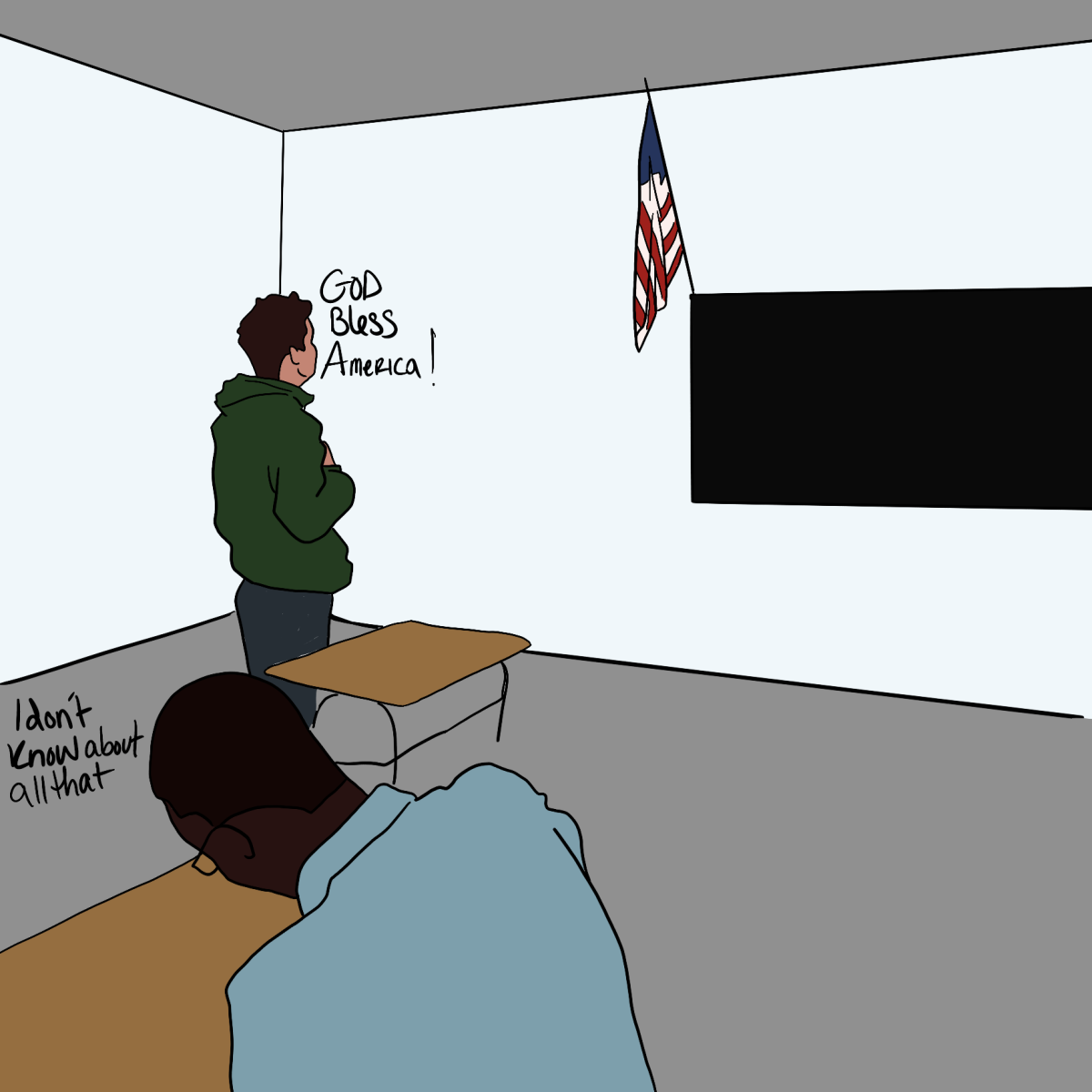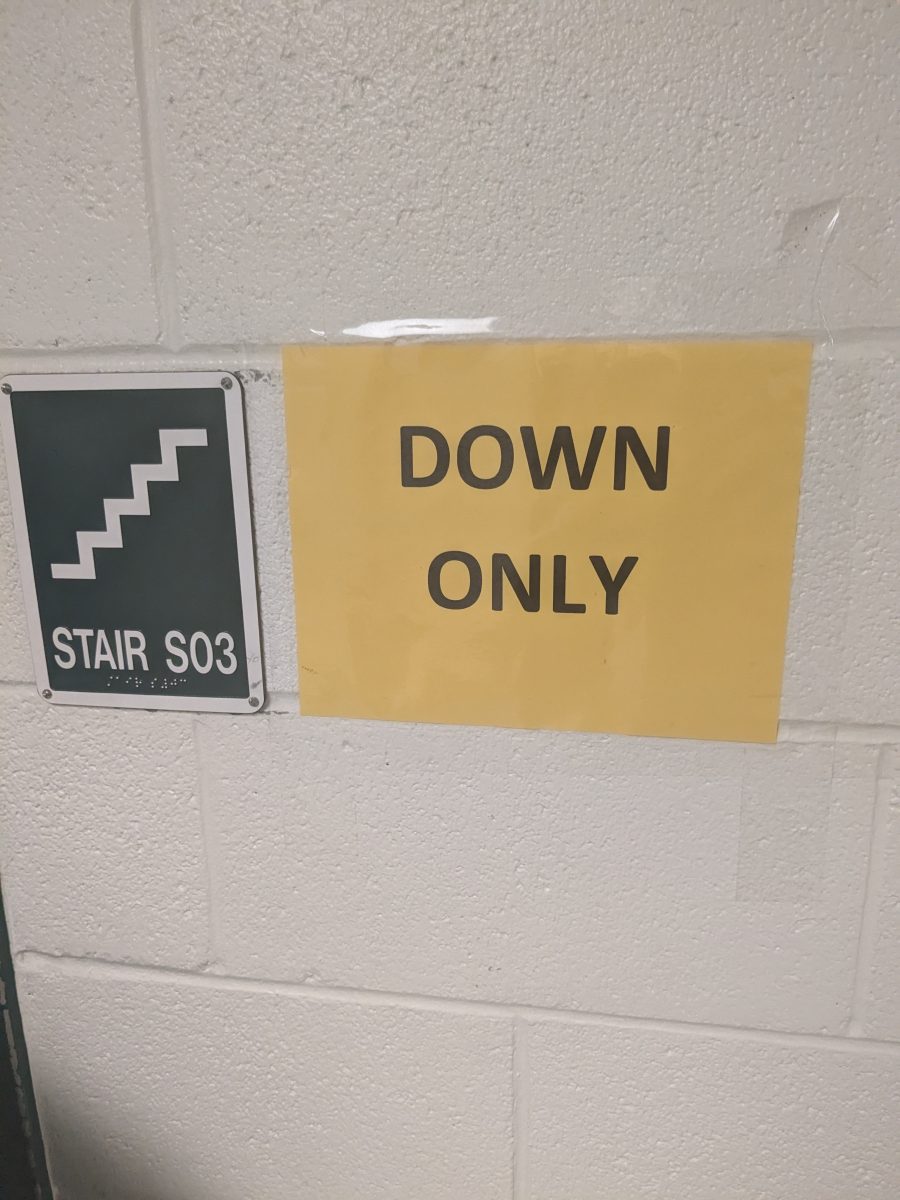Point/Counterpoint: The round up on MCPS grading changes
Oct 6, 2025

Donate to The Pitch
$556
$1000
Contributed
Our Goal
Your donation will support the student journalists of Walter Johnson High School. Your contribution will allow us to purchase equipment and cover our annual website hosting costs.
About the Contributors

Graeme Pearce, Layout and Design Editor & Diversity, Equity, and Inclusion Editor
Junior Graeme Pearce is returning to The Pitch for his second year. He is going to be a Layout & Design Editor. Pearce enjoys watching football and playing baseball.

Ethan Pletter, Social Media/Marketing Manager
Ethan Pletter is returning to The Pitch as a Social Media/Marketing Manager. In his free time, he enjoys watching sports and playing baseball.








